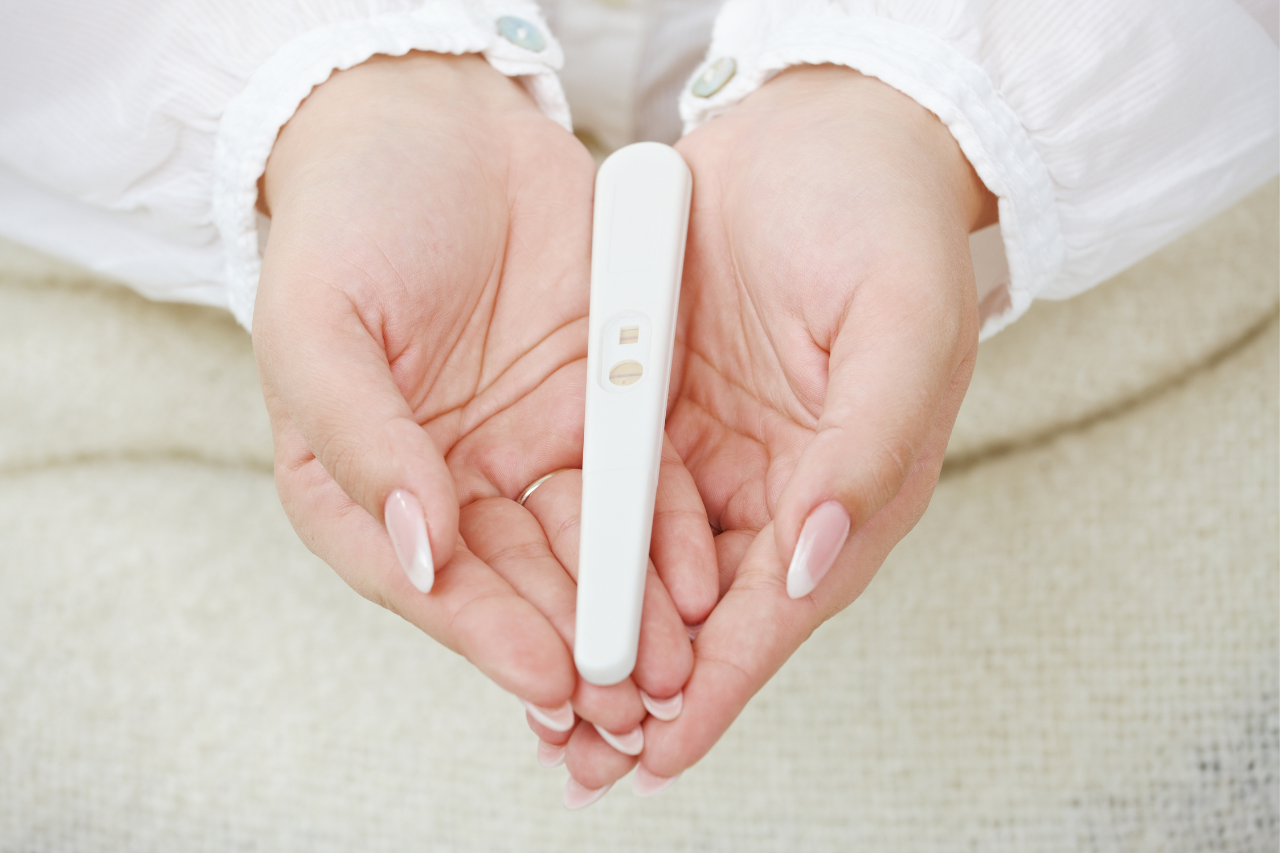
11 Common infertility myths
Infertility is a condition that has been interspersed with many myths. Family, relatives, friends, colleagues want to help and support you, and definitely their support is something you need, but that doesn’t mean they have the knowledge to guide you in the right direction. The scope of this article is to dispel some myths that could be preventing you from getting the care and treatment needed, if you’re dealing with infertility.

Myth 1: Relax and everything will come
Most likely, this is the first thing everyone thinks of and tells you. There is no doubt that this can be the case for some couples, mostly under the age of 35. Although relaxation can have a positive effect, many tend to consider it as a medical condition and the solution to any infertility issue, something not true. Infertility, on the other hand, is indeed a medical condition. Reproductive health cannot be improved or managed by the power of positive thinking, vacations and relaxation trips.
Myth 2: You need to try more often and harder
This is a myth that interferes with the personal life of the couple considering that the sexual act is sufficient to achieve pregnancy. Also, in many couples this works negatively because it discourages them. It is a myth that makes couples feel inadequate to each other and give up trying if they feel they are not capable of handling the situation physically, psychologically and financially. Every effort is not always crowned with success, so every couple should not feel that they are not doing their best.
Myth 3: It only happens to us. We don’t know of another couple having that problem.
And yet, one in six couples experiences the same situation as you. No one can know what happens to other couples. Infertility is a particularly sensitive subject that cannot be shared easily, even with friends. It may sounds strange, but infertility is a common condition, more than you can imagine. Do not hesitate to ask for a scientific opinion on time, in order to increase the chances of a pregnancy.
Myth 4: Fertility is considered as a female matter
It’s true that when it comes to infertility, the odds mostly are stacked against women. However, the problem may also concern the man. According to statistics, one third of infertility cases is related with men issues, one third with women, while the remaining cases are the result of problems that concern both partners. If a couple has difficulty in conceiving, it is a good idea to undergo a fertility test.

Myth 5: Age does not affect male fertility
It is a fact that fertility affects women mostly from age 32 to 37, while the problem exponentially increases as age progresses with a significant decline of the reproductive capability. The difference is that men are more likely to experience infertility after 40. After all, in almost half of couples, infertility has to do with men’s reproductive capabilities.
Myth 6: If you already have a child, it is easy to have a second or a third pregnancy
Unfortunately, this is not always true. Yes, it is possible to have a natural pregnancy without any difficulty, but a problem can occur during the second attempt. This is called secondary infertility. Especially, the longer since the first pregnancy, the more chances of infertility. Many couples have proceeded with in vitro fertilization (IVF) for the second pregnancy.
Myth 7: Health and a healthy lifestyle have nothing to do with fertility
Health plays a key role in fertility for both men and women. Having a healthy lifestyle, knowing and listening to your body, being in good physical condition are things you should do before even thinking about having a baby. This will help you create the best conditions when you decide to become parents. However, you should keep on taking care of yourself regardless your decision of becoming parents or not.
Myth 8: After a year of trying without pregnancy, you should see an OB-GYN
This is more of a direction and less of a rule. It is clear that infertility is considered when after one year of free intercourse no conception is achieved. And in this case the visit to the doctor is determined by the age of the couple, and their medical history. Main indications for women are irregular periods, gynecological issues such as previous miscarriages, endometriosis and others, and for men some infection, trauma or surgery in the genitals.

Myth 9: Fertility treatments are not guaranteed to give birth to just one baby and not twins or triplets
A healthy and controlled pregnancy is a primary goal of assisted reproduction. The treatments followed have a very low risk of multiple pregnancy. Most of them have been prescribed by doctors as singleton pregnancies. Twin pregnancies are not common, while pregnancies with a larger number of embryos are considered extremely rare.
Myth 10: The cost of infertility testing is very high
The tests that are considered necessary are not so many so that their cost to be characterized as prohibitive. Tests include hormonal control, examination of the uterus state and fallopian tubes, and vaginal ultrasound for women. For men, a spermogram and an examination of the semen are required.
Myth 11: During infertility treatment, we should visit the doctor every day
It is understandable that infertility treatment involves a number of visits to the doctor, but this does not mean that it will happen on a daily basis. Most treatments do not require many visits, and most do not last long, so you have the possibility to continue your daily life as normal and not change your habits or postpone your obligations.
Sometimes fear can lead to procrastination, advise from non-experts can create insecurity and frustration. Your doctor is the most appropriate person to give you answers for any fertility questions you have and help you have your own baby.



